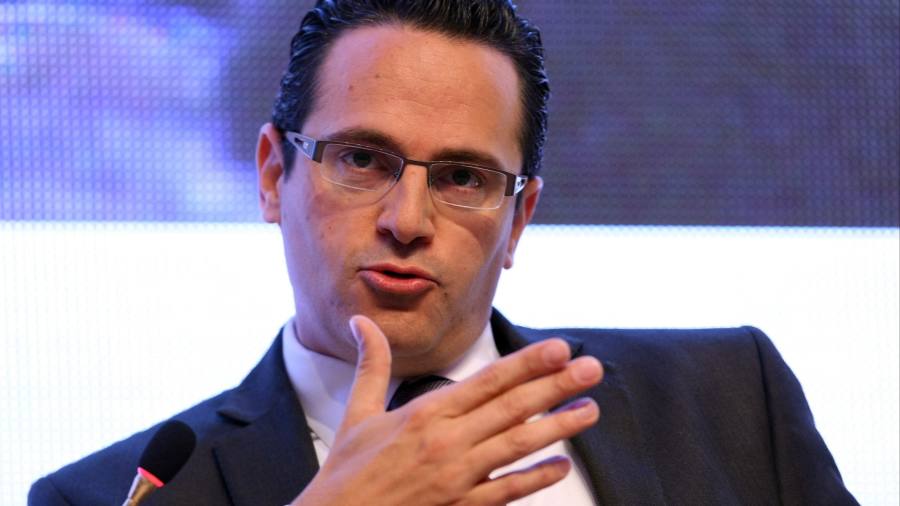Shell’s new CEO, Wael Sawan, is determined to prioritize higher returns for shareholders and navigate the company through the energy transition. In a recent investor meeting in New York, Sawan outlined plans to reduce costs, increase shareholder payouts, and allocate a larger proportion of spending to oil and gas. While some investors applauded this approach, others questioned whether it meant a departure from the previous strategy of achieving net zero emissions by 2050 through increased investment in clean energy.
In an interview with the Financial Times, Sawan clarified that the goal of reducing emissions gradually and restructuring the business in 2021 remained intact. However, he emphasized that his leadership would bring a new approach to achieving these objectives. The key focus, according to Sawan, is generating long-term value for shareholders. Shell intends to maintain current levels of oil production until 2030, expand its liquefied natural gas business, and be more selective in supporting clean energy projects.
Sawan’s primary objective as CEO is to close the valuation gap between Shell and its US counterparts, which have remained more committed to oil and gas production and are valued at higher multiples of their cash flow. Shell plans to invest $40 billion over the next three years to increase oil and gas production by 500,000 barrels a day by 2025. Additionally, $10 to $15 billion, approximately 20% of total spending, will be allocated to low-carbon technologies like hydrogen, biofuels, and vehicle charging.
Sawan acknowledged that Shell has been testing different models and concepts in renewable energy and will continue to learn and adapt its strategy. He highlighted recent acquisitions, including Sprng, Savion, and Nature Energy, as the foundations of Shell’s clean energy plans. In terms of cost-cutting, less profitable divisions such as the UK, Germany, and Dutch household energy businesses will be divested.
Sawan’s decisive approach to business decisions is in line with his belief that capital allocation should take precedence over personal sentiments. The CEO’s actions include reducing the number of executives on the committee, integrating strategy under the CFO, and appointing key individuals responsible for specific areas of the business.
While some investors expressed enthusiasm for the cultural reset and upside potential within Shell, others, such as Legal & General Investment Management, raised concerns about the company’s ability to achieve net zero emissions by 2050. Overall, Sawan aims to streamline Shell’s operations to deliver results more effectively in the chosen areas of focus.
Denial of responsibility! VigourTimes is an automatic aggregator of Global media. In each content, the hyperlink to the primary source is specified. All trademarks belong to their rightful owners, and all materials to their authors. For any complaint, please reach us at – [email protected]. We will take necessary action within 24 hours.


